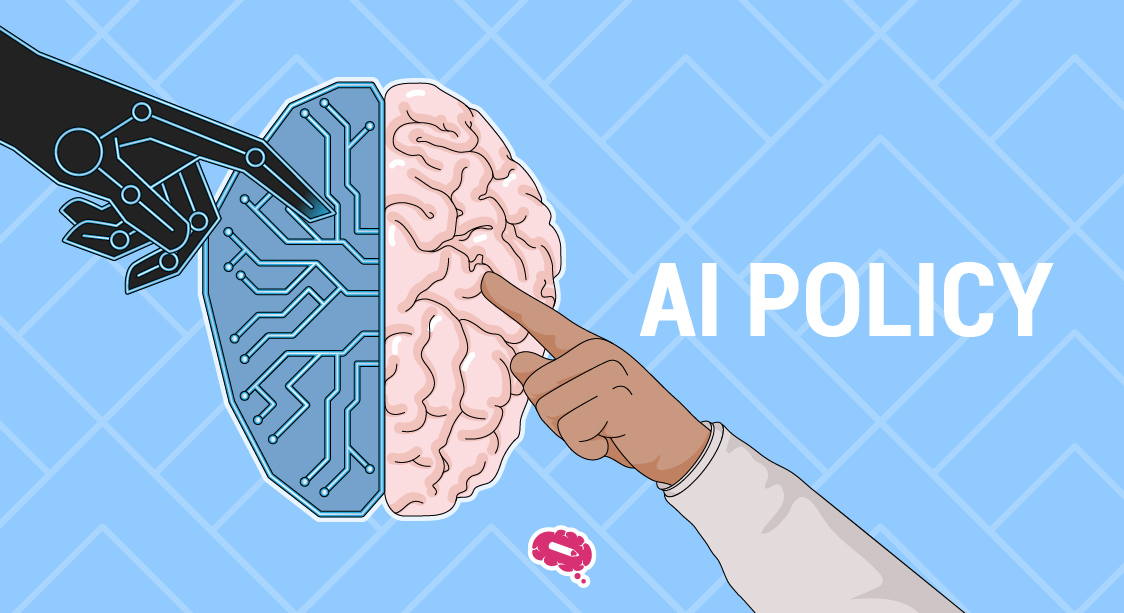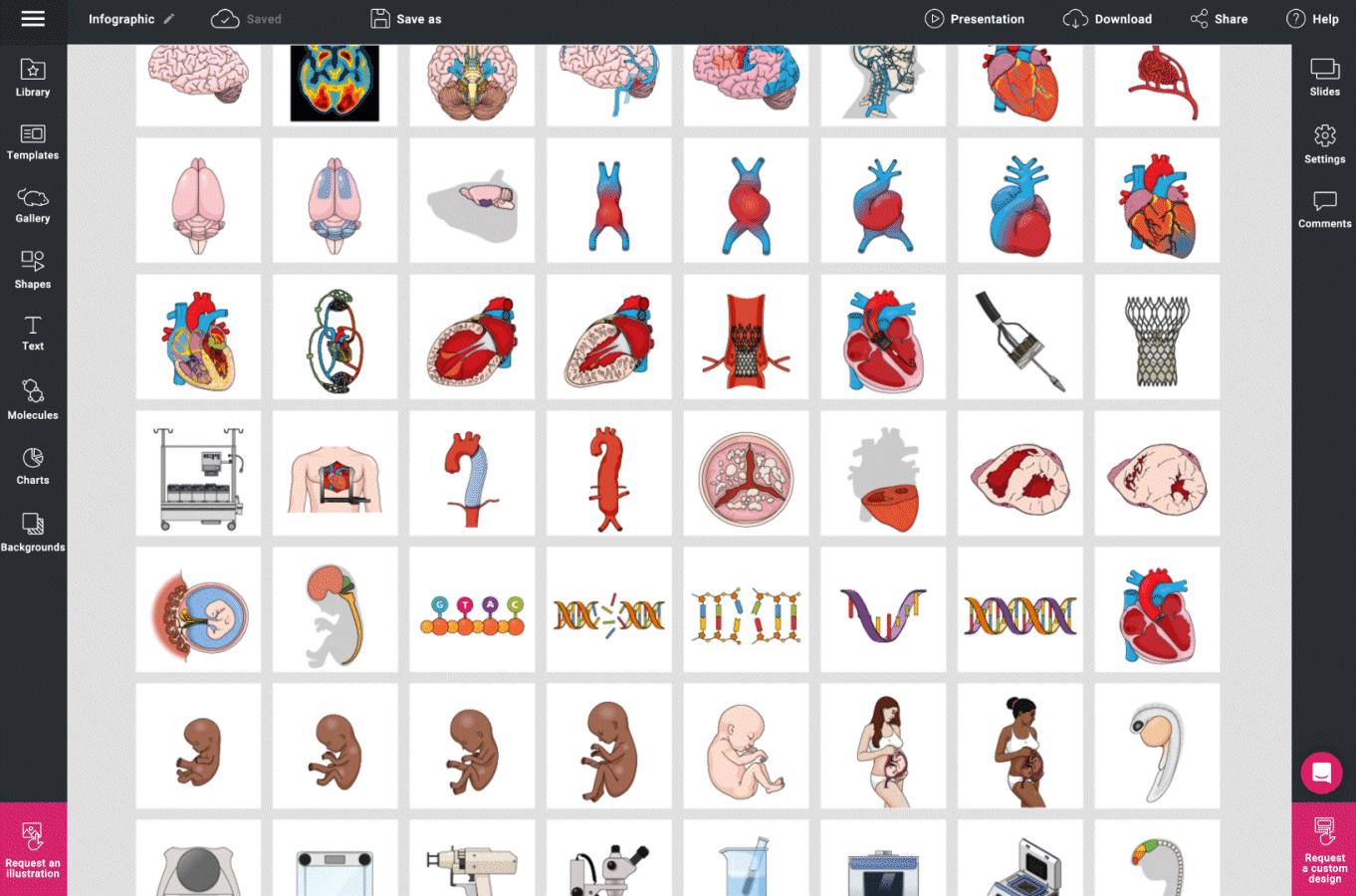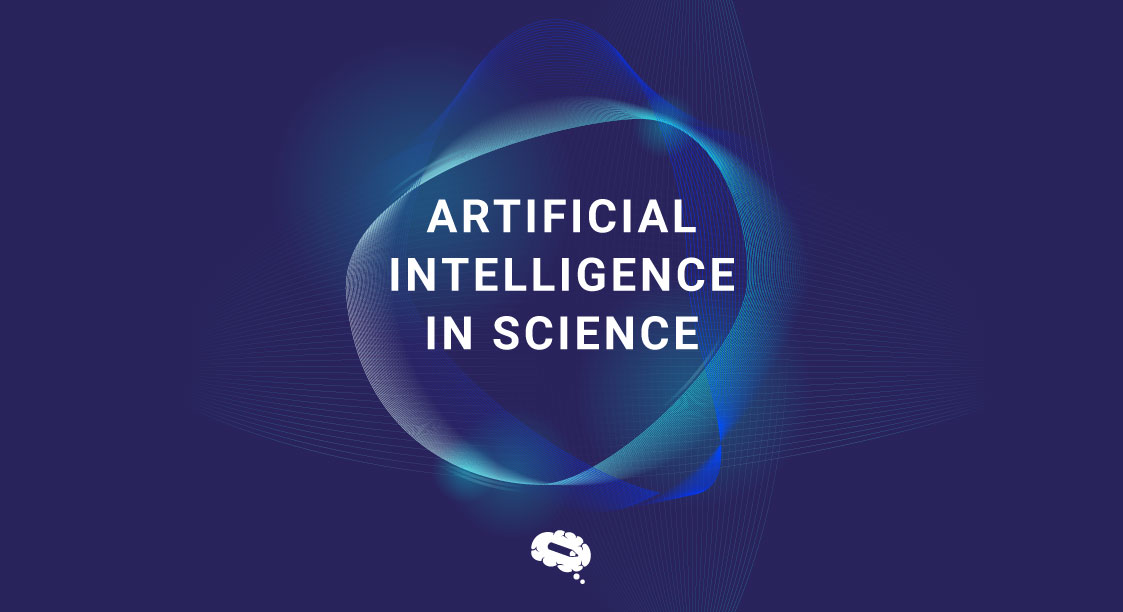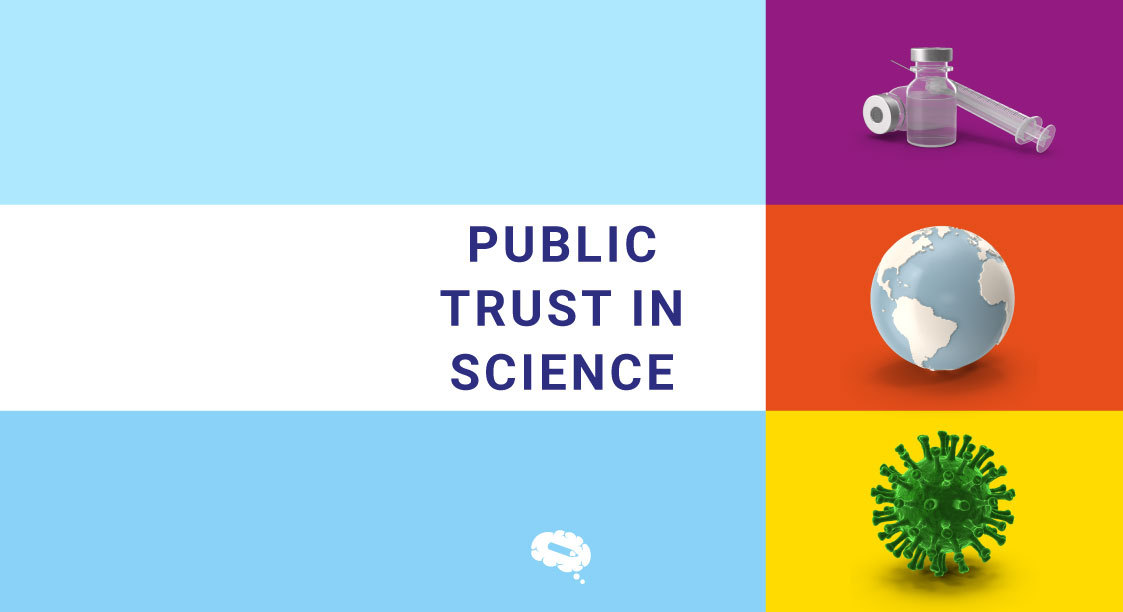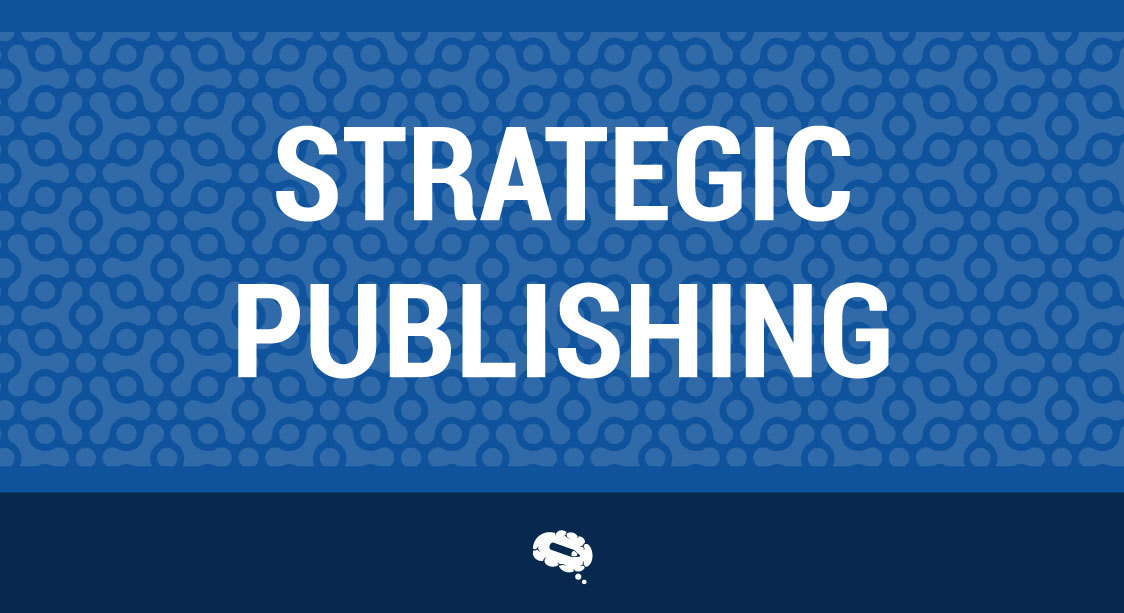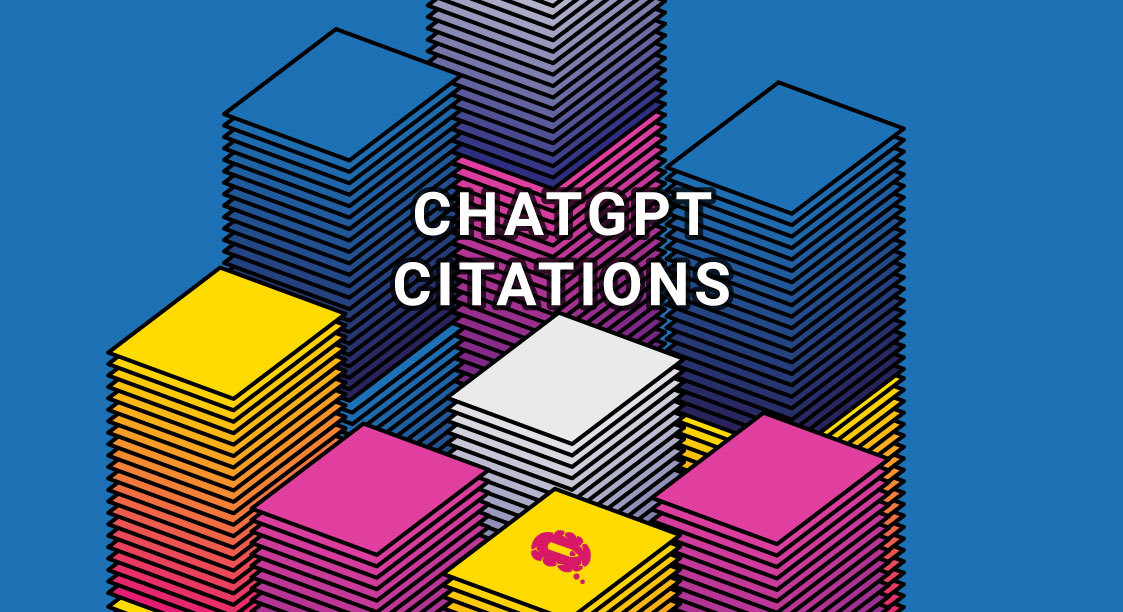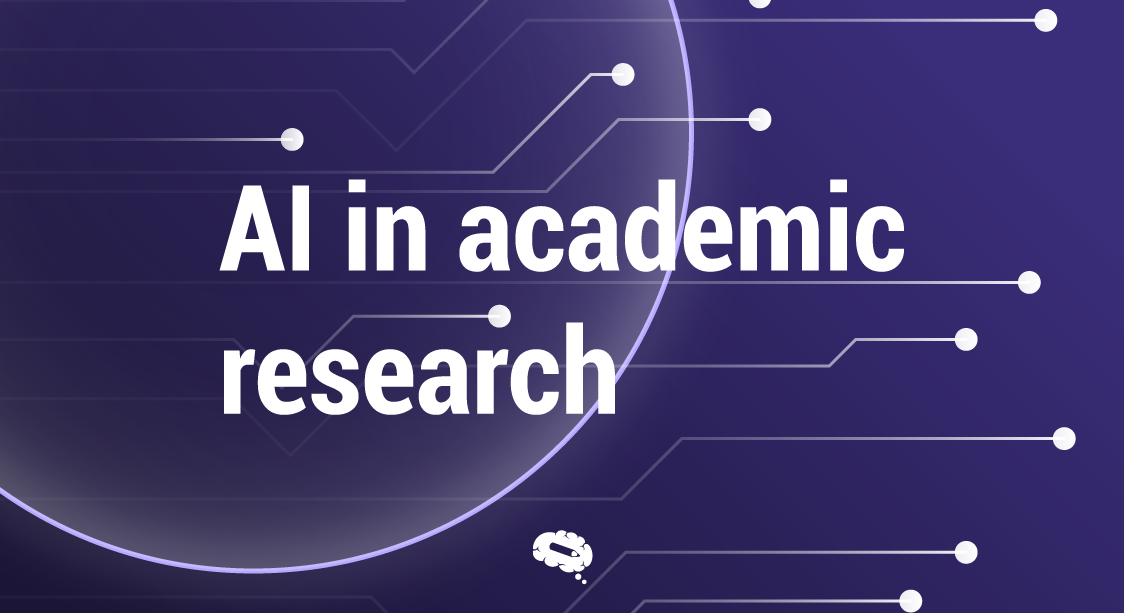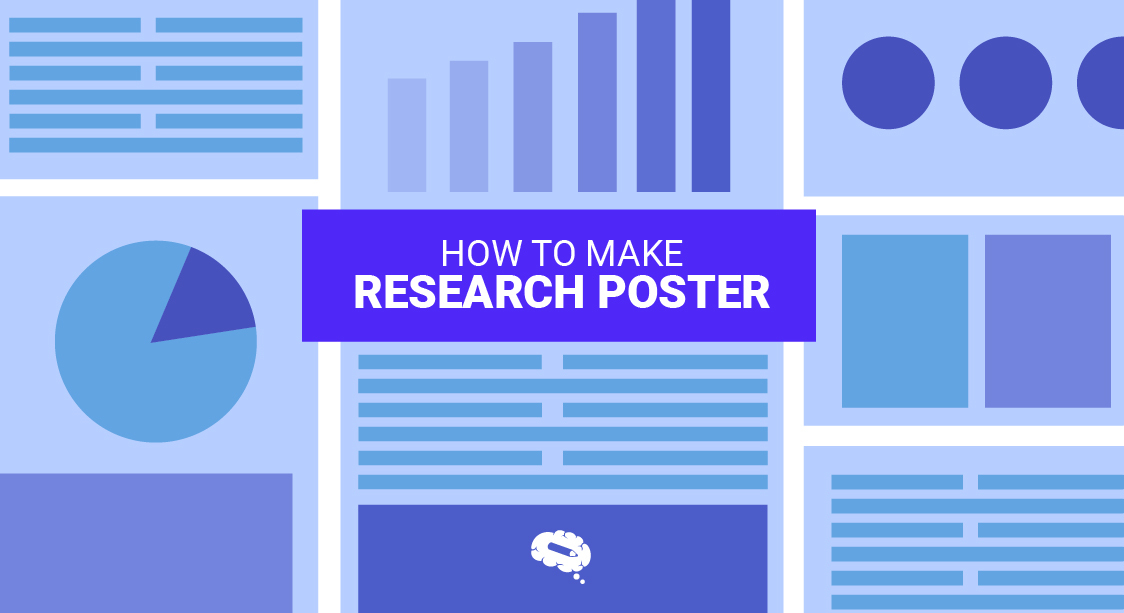How will we make sure that the uncharted waters of Artificial Intelligence (AI) are in a way that safeguards our society, respects our values, and harnesses the full potential of this groundbreaking technology?
This question lies at the heart of AI policy, a critical and rapidly evolving domain. As AI continues to reshape the structures of industry, healthcare, and our daily lives, the creation of sound AI policies becomes not just an option, but a necessity.
In this article, we delve into the complex world of AI policy, exploring how governments, organizations, and societies worldwide are working to balance the incredible opportunities of AI with the need for regulation, ethical standards, and public accountability.
Understanding AI Policy And Its Importance
Artificial Intelligence (AI) policy refers to the set of regulations, guidelines, and strategies that govern the development, deployment, and management of AI technologies. It’s like a rulebook for AI, ensuring that these advanced technologies are used responsibly, ethically, and in ways that benefit society.
AI policy plays a crucial role in our society by addressing several key concerns:
Ethical Use: Ensuring AI respects human rights and values.
Safety and Security: Making sure AI systems are safe and their operation doesn’t pose risks to people or property.
Privacy: Protecting personal data as AI systems often process vast amounts of information.
Fairness and Bias: Preventing AI from giving out biased opinions and discriminations.
Economic Impact: Managing AI’s influence on jobs, industries, and economic disparities.
Overview Of The Current State Of AI Policy Worldwide

Currently, AI policy is a hot topic globally, but there’s no one-size-fits-all approach. Countries and regions are developing and implementing AI policies at various stages.
- The European Union is leading in regulatory frameworks, focusing on data privacy (like GDPR) and ethical guidelines for AI.
- The United States has a more decentralized approach, with both federal and state-level initiatives, often focusing on technological leadership and economic competitiveness.
- China emphasizes AI’s role in national development and global competition, with significant state support for AI research and application.
- Developing Countries are increasingly aware of AI’s potential and challenges, though many are still working on their policy frameworks.
This diversity reflects different cultural values, economic priorities, and levels of technological advancement.
Importance Of Creating Effective And Comprehensive AI Policies
Developing effective and comprehensive AI policies is crucial for several reasons:
Balancing Innovation and Regulation
Policies must encourage innovation while safeguarding against potential harms.
Global Cooperation
As AI technologies don’t respect borders, international collaboration in AI policy is essential.
Adapting to Rapid Changes
AI evolves fast, so policies must be flexible and adaptive.
Inclusivity and Equity
Policies should ensure the benefits of AI are shared broadly, not just among a few corporations or nations.
Preparing for the Future
AI will profoundly impact all aspects of society. Policies made today will shape our future coexistence with these technologies.
The Need For AI Regulation: Rationale And Benefits
Imagine a world where powerful AI tools are like cars without traffic rules. Just as traffic rules keep us safe on the road, AI regulation is essential for managing the risks that come with this transformative technology.
Unregulated AI Poses Several Risks
Privacy Invasion
AI can analyze massive amounts of personal data, potentially leading to privacy breaches.
Bias and Discrimination
If not carefully managed, AI can give out biases present in its training data, leading to unfair decisions.
Security Threats
Powerful AI tools could be used for malicious purposes, like cyberattacks or spreading false information.
Job Displacement
AI could replace many jobs, creating economic challenges for those displaced.
Unpredictable Outcomes
Without regulations, the long-term impacts of AI are uncertain and potentially hazardous.
Related Article: Exploring the Role of AI in Academic Research
Ethical Use And Responsible Development Of AI Technology
Regulating AI is not just about preventing harm; it’s about guiding AI development in a way that aligns with our societal values and ethical principles. This involves:
Transparency
Making AI systems understandable and their decisions explainable.
Accountability
Ensuring that there are measures in place to hold developers and AI users accountable for their systems’ impact.
Safety Standards
Similar to safety standards for vehicles or electronics, AI also needs clear safety guidelines.
Inclusivity in Design
AI should be designed considering diverse perspectives to avoid biased outcomes.
Public Engagement
Engaging society in discussions about AI and its role in our future is crucial for responsible development.
Role Of Organizations Like OECD In Developing AI Regulations
When it comes to AI, think of international organizations like the Organisation for Economic Co-operation and Development (OECD) as architects drafting the blueprints for how AI should be built and used globally. The OECD, along with similar entities, plays a pivotal role in shaping AI policies. Their main goals are:
Setting Global Standards
They develop guidelines to ensure that AI technologies are created and used in ethical, secure, and beneficial ways.
Encouraging Collaboration
These organizations bring together experts and policymakers from various countries to share insights and coordinate efforts.
Addressing Global Challenges
They focus on harnessing AI to tackle international issues like climate change, health crises, and economic disparities.
Several initiatives and frameworks have been established to guide the ethical development of AI:
OECD Principles on AI
These principles provide a foundation for trustworthy AI, emphasizing respect for human rights, transparency, and fairness.
EU’s Ethics Guidelines for Trustworthy AI
This framework outlines key requirements for AI, like respect for human autonomy, prevention of harm, and accountability.
UNESCO’s Recommendations on the Ethics of AI
This is a global standard aiming to safeguard human rights in the age of AI.
These initiatives serve as a moral compass, guiding AI development in a direction that benefits society while minimizing potential harm.
Collaborative Efforts Between Nations To Align AI Policies
Just like global challenges require global solutions, developing effective AI policy is a team effort on the international stage. Here’s how nations are collaborating:
International Conferences and Summits
Regular meetings like the G7 and G20 summits often include discussions on AI, leading to joint declarations and action plans.
Research And Development Partnerships
Countries are partnering to combine resources and expertise in AI research, focusing on shared goals like healthcare and environmental sustainability.
Policy Alignment
Nations are working to align their AI policies, aiming for a coherent global approach that facilitates international trade, cooperation, and exchange of AI technologies.
Addressing Algorithmic Discrimination And Bias In AI Systems
AI is only as unbiased as the data it learns from. To prevent AI from picking up and amplifying societal biases (like those based on race, gender, or age), policies must include:
Diverse Data Sets
Using varied data sources to train AI, ensuring it doesn’t learn discriminatory patterns.
Regular Audits
Checking AI systems regularly for biased outcomes.
Inclusive Design
Involving diverse groups of people in AI development to reduce unconscious biases.
Ensuring Data Privacy And Protection In AI Applications
AI often deals with sensitive personal information. Protecting this data is like locking doors in the digital world. Effective AI policy must ensure:
Strong Data Encryption
Keeping data secure and unreadable to unauthorized users.
Consent and Control
Giving individuals control over what data is collected and how it’s used.
Data Breach Protocols
Clear plans for responding to data leaks or breaches.
Importance Of Human Alternatives, Consideration, And Fallback Options
Finally, AI is not infallible. It’s essential to have human alternatives and fallback options. This is like having a human co-pilot in an AI-driven plane:
Human Oversight
The ability for human intervention in decisions made by AI.
Fallback Plans
Strategies in place in case AI fails or makes incorrect decisions.
Choice to Opt-Out
Providing options for individuals to choose not to use AI-based systems, especially in critical areas like healthcare or employment.
Case Studies: Successful Examples Of AI Policy Implementation
When we talk about AI policy, some countries stand out as pioneers. Let’s look at a few examples:
European Union (EU): Known for its General Data Protection Regulation (GDPR), the EU has set high standards for data privacy, influencing AI policies worldwide.
Singapore: With its AI Governance Framework, Singapore focuses on ethical use and human-centric AI, encouraging responsible innovation.
Canada: Canada’s AI strategy emphasizes ethical AI and public trust, along with substantial investment in AI research and development.
These regions demonstrate how thoughtful policies can create a fertile ground for safe and ethical AI development.
Related Article: Artificial Intelligence in Science
Future Trends And The Evolution Of AI Policy
Looking ahead, AI policy is likely to evolve in several directions:
Greater International Collaboration
More global discussions and agreements on AI standards and practices.
Focus on Accountability
Policies may increasingly hold AI developers and users accountable for their systems’ impacts.
Adaptive Regulations
We might see more flexible, adaptive policies that can evolve with the technology.
Potential Areas Of Focus For Upcoming Regulations
As AI continues to advance, future regulations might concentrate on:
Deepfakes and Misinformation: Tackling the challenges posed by AI-generated fake content.
Autonomous Weapons: Regulating the use of AI in military applications.
Bias and Fairness: Continued emphasis on creating unbiased, fair AI systems.
Conclusion
In conclusion, AI policy is a critical and evolving field that sits at the intersection of technology, ethics, and governance. As AI technologies become increasingly integral to our daily lives, the importance of robust, thoughtful, and proactive policies cannot be overstated.
Effective AI policies have the potential to harness the transformative power of AI for the greater good, ensuring advancements are made responsibly, ethically, and inclusively.
The challenges in crafting these policies are substantial, ranging from addressing ethical dilemmas to ensuring international cooperation. However, the ongoing efforts and discussions around AI policy are a testament to our collective commitment to navigating this new technological era thoughtfully and conscientiously.
As we continue to explore the vast potential of AI, it is the responsibility of policymakers, technologists, and society at large to shape a future where AI contributes to the betterment of humanity, guided by well-crafted and dynamic policies.
Over 75,000 Accurate Scientific Figures To Boost Your Impact
Are you a scientist looking for an infographic tool to boost your academic work? Mind the Graph is a tool that can aid you in creating over 75,000 accurate scientific figures under different themes. Sign Up now to learn and explore!

Subscribe to our newsletter
Exclusive high quality content about effective visual
communication in science.

